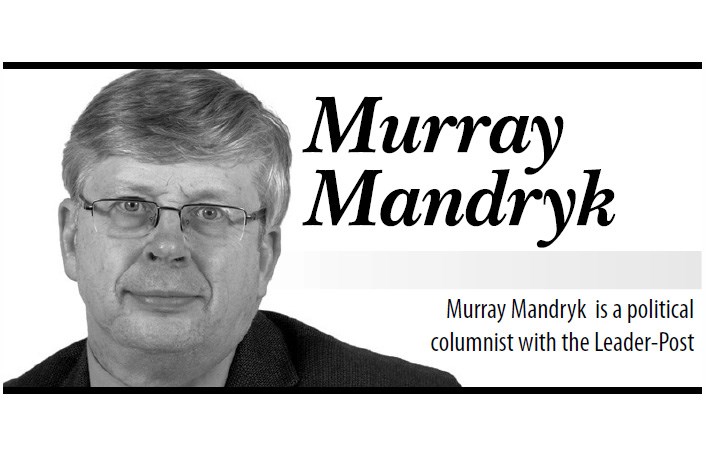Well, I guess there could be one thing less riveting than an 11-week federal election campaign starting in the middle of August.
It would be a prolonged federal election campaign starting in the middle of summer where one of the key topics of discussion would be the dense and almost-impossible-to-understand topic of the equalization formula.
That said, credit Premier Brad Wall’s diligent efforts for at-tempting to bring the topic forward - even in the face of Prime Minister Stephen Harper’s reluctance to discuss the issue.
In fairness to both Wall and Harper, the Saskatchewan Premier isn’t strictly imposing the equalization issue on Harper and the Conservatives. Nor should he.
Whichever party (or in the case of a minority coalition government, parties) forms government on October 19, all parties should provide their views on the equalization formula.
And let’s be frank: Stephen Harper is likely no less eager to talk about amending the equalization formula than NDP leader Thomas Mulcair or Liberal leader Justin Trudeau. All leaders should be accountable to such important questions. All leaders should be required to answer.
What Wall wants is renewable hydro revenue in provinces like B.C., Manitoba and Quebec subject to the same rules of equalization as non-renewable resources like potash, oil, uranium, gold, etc.
Wall is also proposing other minor changes like a quicker turnaround in resource revenue calculations. Currently, the equalization formula bases its calculation on revenue from three years earlier, meaning that this year’s calculation for Saskatchewan will be based on $100 US a barrel oil revenue rather than the $40 US a barrel oil we are currently seeing.
It should also be noted that this does differ from what Wall, former NDP premier Lorne Calvert, and the entire federal Conservative Opposition caucus (including Harper and all the Saskatchewan Conservative MPs at the time) were pursuing in 2005.
At that time, what was С����Ƶ requested was that oil, gas and other natural gas revenues be removed from the equalization formula - something that would have made the formula considerably weaker. In Saskatchewan’s case, it would have been worth about $800 million a year and would have made this province a “have not” province even in 2008 when we pulled down a record $4.4 billion on all non-renewable re-source revenues.
It was also in 2008 when Wall announced that he would no longer pursue the legal action over equalization that Calvert started – a move largely designed to force Harper to make good on his 2006 election promise.
Of course, there are those who rightly question whose interests Wall was working for when he made that decision to end the court case seven years ago.
True, Wall was trying to change the Saskatchewan mindset to a “have” province from a “have-not” province. It was also true that what Harper proposed made little or no sense.
Harper recently made the bold statement at a Pense-area farm that he was likely one of the few people in this country that actually understands the equalization formula. But as it turns out, it would seem it is the Saskatchewan premier who now has a better grasp of the equalization formula - or at least, a better grasp of what could make it better.
Wall argued that by counting hydro revenue, the federal government could free up $8-to $9-billion that could go to national infrastructure projects or even to provinces that need the money more badly. Currently, the biggest beneficiary of equalization is Quebec that usually takes in about half the equalization dollars.
“If you can’t talk about even minor improvements in an interminable federal election, when can you?” Wall asked.
Sadly, the answer appears to be never, because no federal leader wants to risk offending the Quebec vote by taking money away from that province.
But that doesn’t mean Wall isn’t right to want to debate equalization now.




